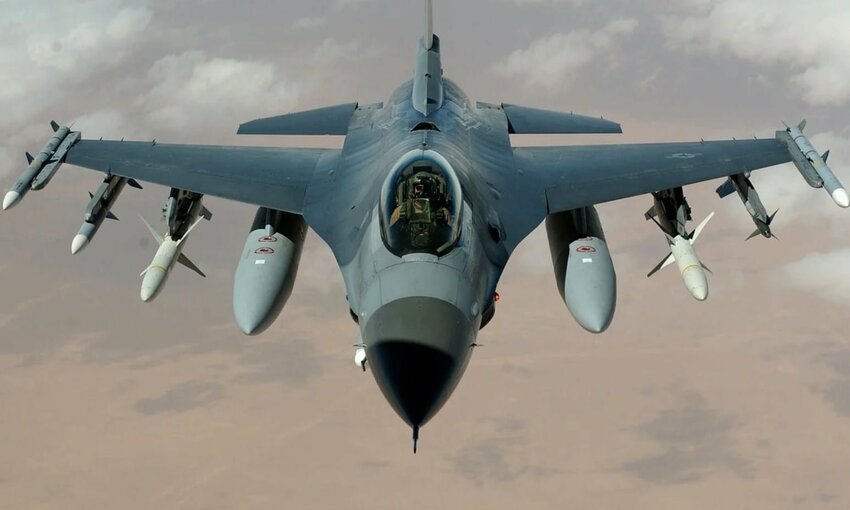 (Credit: Pixabay)
(Credit: Pixabay)The United States Air Force has announced the start of construction on an energy savings performance contract (ESPC) project that will improve energy resilience and enhance mission readiness at Yokota Air Base (Yokota AB), located outside of Tokyo, Japan. The ESPC totals $403 million, consisting of $167 million in implementation costs along with 21 years of operations, maintenance, repair, and replacement services.
The project is being handled by Schneider Electric and includes a combined heat and power (CHP) plant with microgrid controls that can produce more than 10 MW of power to support the base's critical buildings and enhances the efficiency of more than 450 buildings to further optimize demand. This project is funded with energy savings guaranteed by Schneider Electric over the 25-year contract term. The project will provide an alternate source of prime power to most of the base's mission-related buildings, alleviating growing concerns of power reliability in the area and further reducing utility costs. This ESPC expands an existing partnership between Schneider Electric and the Air Force, representing the fourth performance contract between the two entities in the past four years.
The Yokota AB project is one of the largest and most comprehensive resilience performance contracts for the Department of Defense (DoD) to date, showcasing the increasing importance of reliable energy infrastructure and operation continuity. Aging infrastructure challenges, such as the electrical grid incurring more frequent blackouts in the Tokyo area, are putting stress on the critical facilities and systems that ensure power quality and reliability for the protection of our armed forces and the citizens they serve around the world.
Additionally, with the understanding that military bases are dynamic and mission requirements may change, Schneider Electric incorporated flexibility and growth capabilities in the microgrid controls and building automation system design. The Air Force has become a leader within the DoD in taking an active approach to modernizing its bases to prevent potential power and systems interruptions from impacting national security.
The Yokota AB project is the result of a broader energy initiative within the Air Force. To protect the nation's interests, the Air Force requires Airmen, robust weapon systems, and resilient infrastructure, all of which require energy to operate. As such, the Air Force implemented the strategic energy goals of improving resilience, optimizing demand, and assuring supply. Schneider Electric worked collaboratively with the Air Force and the Defense Logistics Agency Energy Division to fully align this project with these goals and objectives.
In addition to energy resilience, the project will generate significant energy savings for Yokota AB. Yearly energy costs for the Air Force are upwards of $8 billion, with nearly $880 million spent on facilities. This project will save nearly 1.5% of the total energy spend annually by the Air Force through offsetting electrical consumption from the grid with the CHP plant, optimization of base-wide central plants, building automation system expansion and consolidation, lighting upgrades, and plumbing fixture replacement. Schneider Electric will also provide a team to operate, maintain, repair, and replace critical infrastructure and conduct ongoing training of military staff on operations to ensure long-term sustainment of the implemented scope and achievement of energy savings.
Construction for the Yokota AB project is anticipated to last approximately three years. Upon completion, the base will save more than 30 million gallons of water, 80 thousand MMBTU, and 75 million kWh annually.